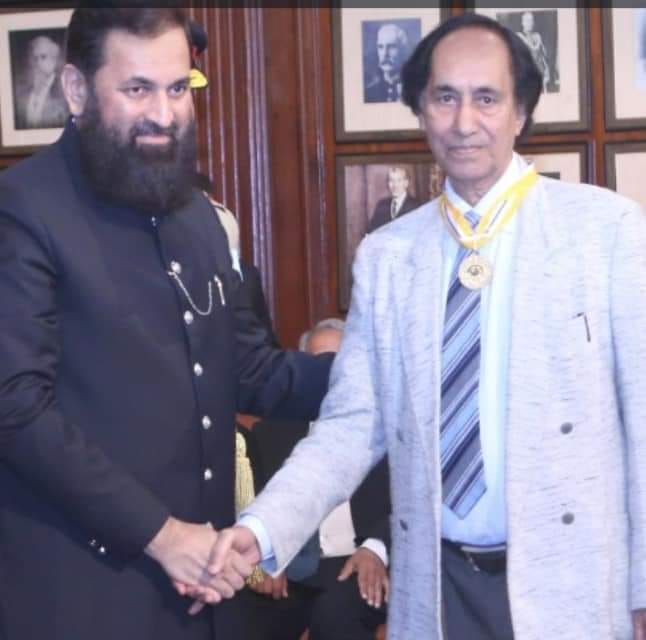In the Age of AI, the Power Still Lies in the Question
In the Age of AI, the Power Still Lies in the Question

By Tahir Rao
here’s an old saying: “The quality of your question reflects your intelligence, and the quality of your answer reflects your experience.”
And strangely enough, that saying has never been more relevant than it is today.
We live in a world where access to information is easier than ever before. With just a few clicks—or now, a well-phrased prompt—we can get answers, summaries, and even creative content instantly. Tools like ChatGPT, Microsoft Copilot, Gemini, and others have completely transformed how we think, write, research, and work. But even with this explosion of smart technology, one fundamental truth hasn’t changed: you still only get the answers you’re smart enough to ask for.
That’s why asking the right question isn’t just important—it’s everything.
Every era in history brought along its own distractions. The printing press made reading widespread, but also flooded society with noise. The television brought entertainment but also nurtured passivity. The internet democratized information, but also shortened attention spans. And now, in this AI era, we’re seeing a different kind of risk—the risk of becoming mentally lazy. When the answers come too quickly and easily, we’re tempted to stop thinking deeply. We lose our curiosity. We stop asking “why” and settle for “what.”
The divide is real. Those who learn how to engage with AI thoughtfully—those who ask insightful, clear, purpose-driven questions—will thrive. Those who don’t will fall behind, not because they lack access, but because they lack inquiry. In fact, in this new world, if you don’t sharpen your ability to ask questions, you might look passive or even clueless while others use the same tools to think faster, create smarter, and make better decisions.
And here’s the interesting part—this powerful new skill of prompt writing isn’t really new at all.
Writing a good prompt might sound technical or futuristic, but the skills behind it are old-school: critical thinking, rational analysis, clarity of thought, emotional awareness, and depth of insight. These aren’t things you pick up by skimming AI-generated content. They come from reading, reflecting, discussing, writing, and learning the hard way. The thumb rule hasn’t changed: wisdom, maturity, and deep thinking still come from the traditional, foundational way of learning.
Yes, AI is fast. Yes, it’s smart. Yes, it’s changing the world. But it’s not a substitute for your judgment. It won’t replace your experience. It can’t reflect on your behalf, and it doesn’t care about your context. It simply responds based on how well you ask.
So no matter how powerful these tools become, the real strength will still lie with those who know how to ask better, think deeper, and combine technology with human insight.
Because at the end of the day, even in the age of machines,
the soul of inquiry is still—and will always be—human.
👤 Author’s Note:
This article reflects my personal belief that technology is a tool—but thinking is a discipline. If we want to stay ahead, we must stay grounded in old-school values while embracing new-age tools.


No comments yet.